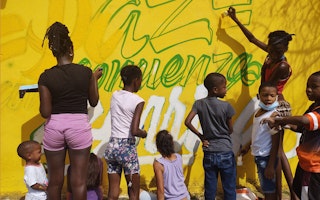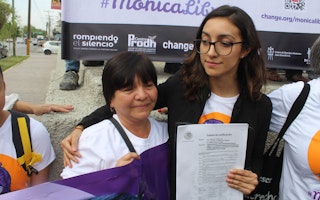Pretrial Detention: Abuses and Alternatives
By Kersty McCourt
Over three thousand criminal justice experts arrived today in Salvador, Brazil, for the 12th United Nations Congress on Crime Prevention and Criminal Justice. As delegates gather, more than three million people across the globe are sitting in pretrial detention.
Government delegations will discuss ways to improve the effectiveness of their criminal justice systems this week, ending with the adoption of a “Salvador Declaration” documenting the resolutions of the congress. Yet beyond the comfort zone of the Congress Center, how will delegates put these commitments into practice and address the corrupt systems and overcrowded facilities that are the reality in many countries around the world?
Over the course of 2010, more than ten million people will have been detained in police or remand custody. Many will spend months—or even years—without appearing before a judge, languishing under worse conditions than sentenced prisoners. In Brazil—the host country—nearly fifty percent of people in prison have actually not yet been tried, and research suggests that one in every five detainees here is detained illegally.
The Global Campaign for Pretrial Justice—spearheaded by the Open Society Justice Initiative—proposes a three-pronged approach focusing on early access to legal assistance, effective alternatives to pretrial detention, and open and transparent justice systems.
The Global Campaign team is in Salvador to ensure that these issues remain high on the agenda. We are organizing meetings to highlight the damaging consequences of arbitrary pretrial detention and to spotlight promising solutions, ranging from paralegal initiatives to pretrial services programs.
Watch this blog for updated reports from the congress, including perspectives from partner organizations working in Africa, Asia, and Latin America.
Kersty McCourt is senior advocacy advisor with the Open Society Justice Initiative.


